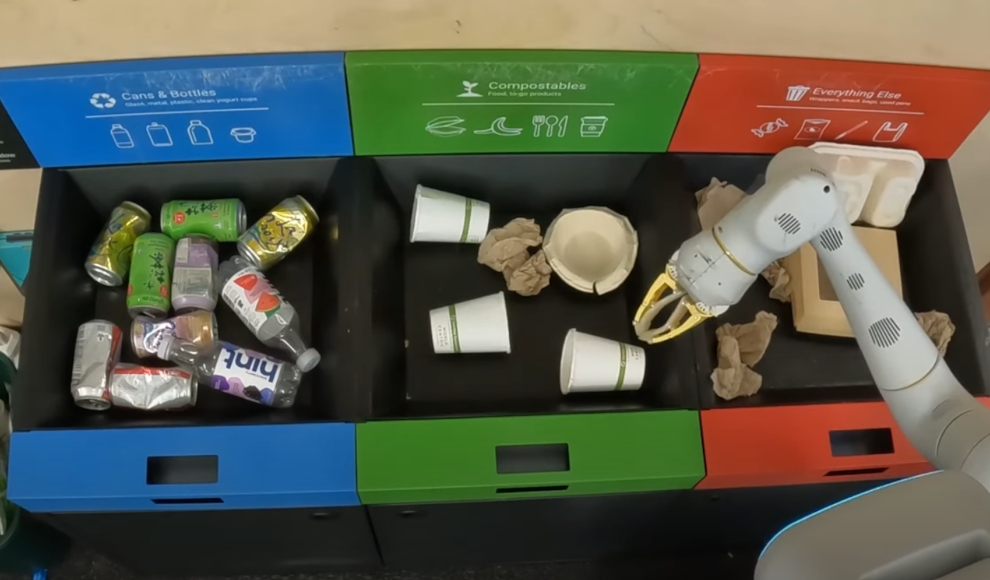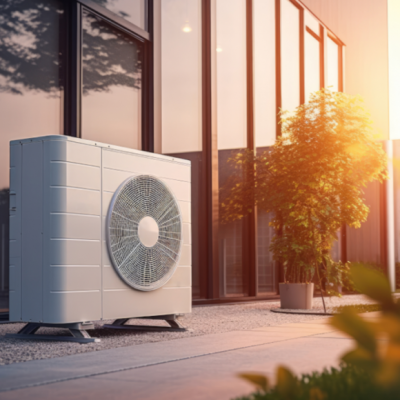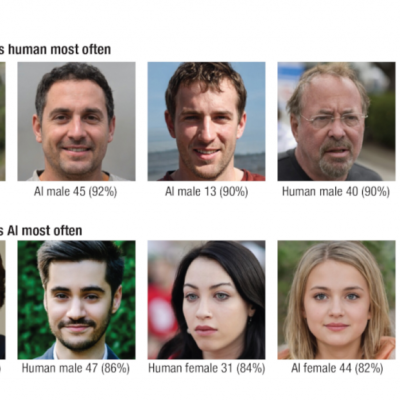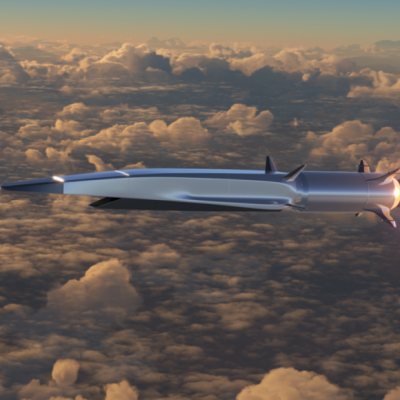Google Develops Waste-Sorting Robots to Reduce Office Waste
Google has developed robots that can sort waste, separating recyclable materials and compost from office waste. The robots have significantly reduced the amount of residual waste. According to the research paper “Deep RL at Scale: Sorting Waste in Office Buildings with a Fleet of Mobile Manipulators,” a team of Google researchers has been working on waste-sorting robots for about two years. The 23 robots were trained using reinforcement learning (RL) technology, using both real data and simulations. The robots’ task was to patrol an office complex and inspect waste separation stations containing containers for recyclables, compost, and residual waste. Their goal was to sort reusable objects such as beverage cans and bottles into the recycling bin, compostable waste into the compost bin, and all other materials into the residual waste bin.
The main challenge was to train the robots to identify a variety of objects and sort them correctly into the appropriate waste bins. To achieve this, Google engineers developed a four-phase system to optimize the robots’ waste sorting skills. In the first phase, basic waste separation guidelines were established to provide the robots with initial experience. However, this base proved to be insufficient. Therefore, in the second phase, the system was trained using a simulation. The robots then underwent a reinforcement learning process at a waste station with representative waste objects to learn how to sort correctly. In the fourth and final phase, the robots were deployed at real waste stations to consolidate their acquired waste sorting skills.
During the training process, the system completed a total of 540,000 attempts at the learning waste stations and 32,500 attempts at real waste stations. The system’s overall performance improved continuously with increasing data volume. The engineers evaluated the trained system’s performance at a waste station under controlled conditions, where it correctly sorted 84% of the objects. Furthermore, the engineers collected statistical data from three robot deployments between 2021 and 2022, showing that the weight of residual waste could be reduced by about 40 to 50 percent.
The experiments conducted demonstrate that a staged reinforcement learning strategy can be promising. However, the possibilities are not yet fully exploited. In the future, Google engineers plan to integrate additional information sources such as learning from internet videos into the training process.










